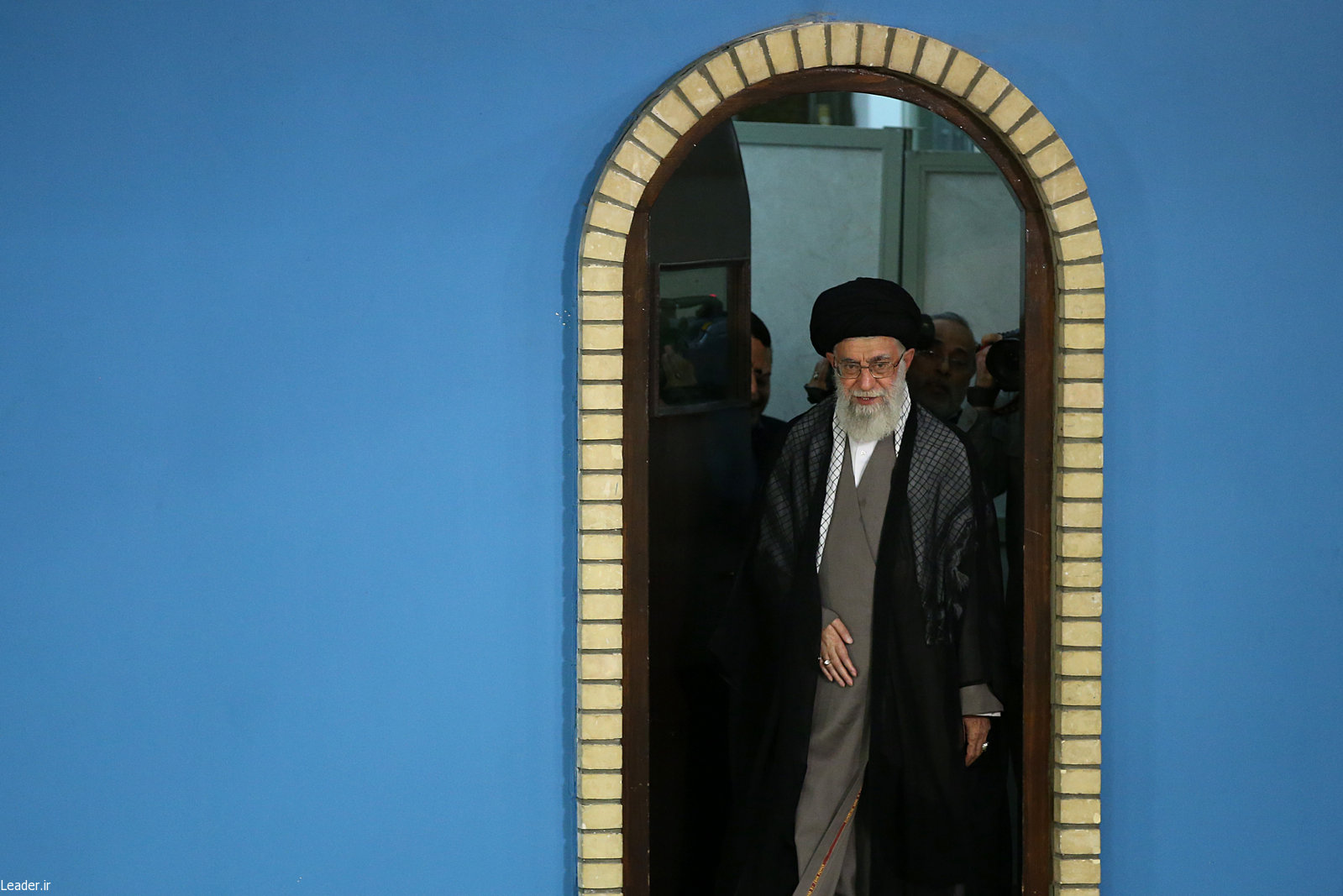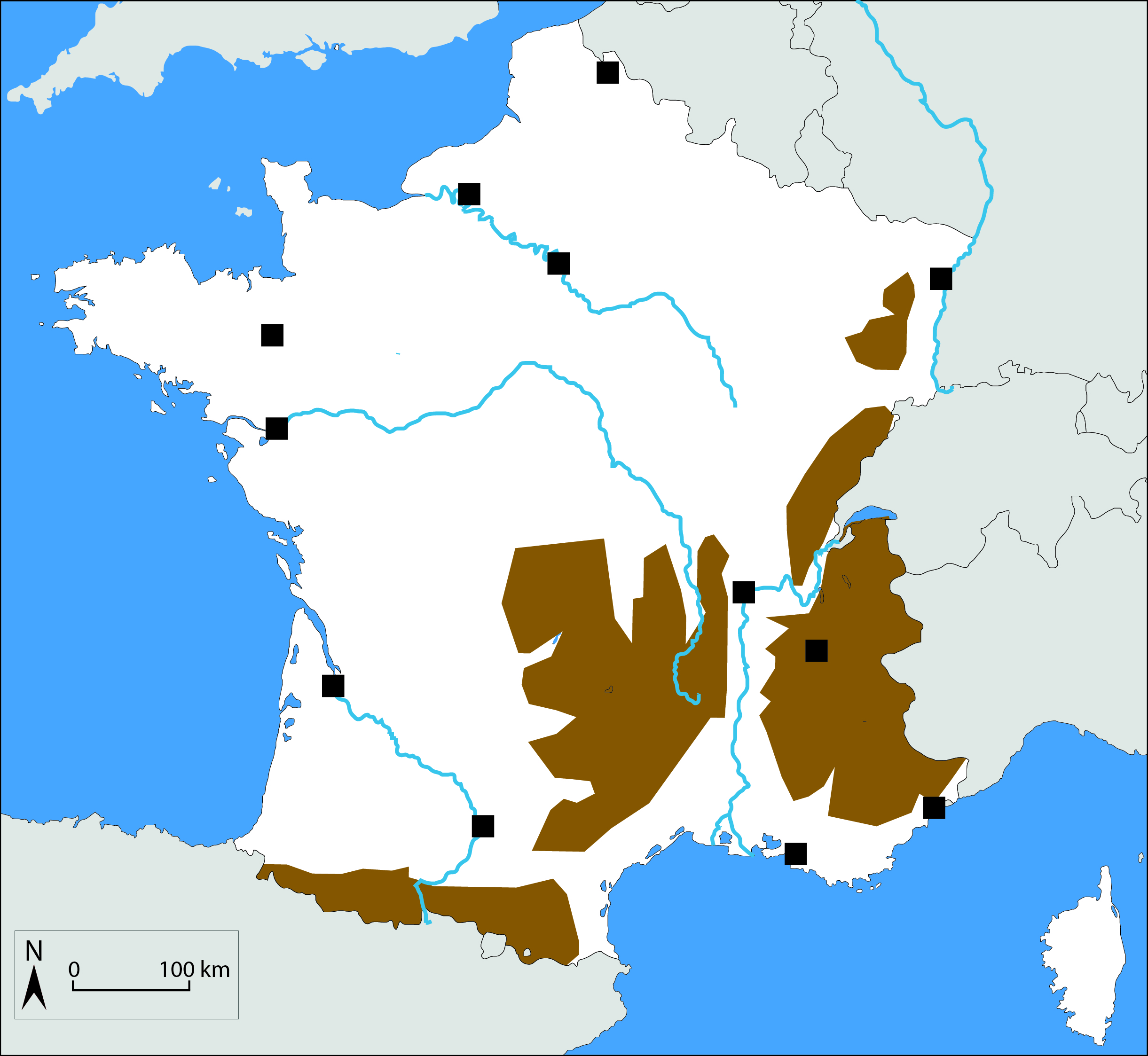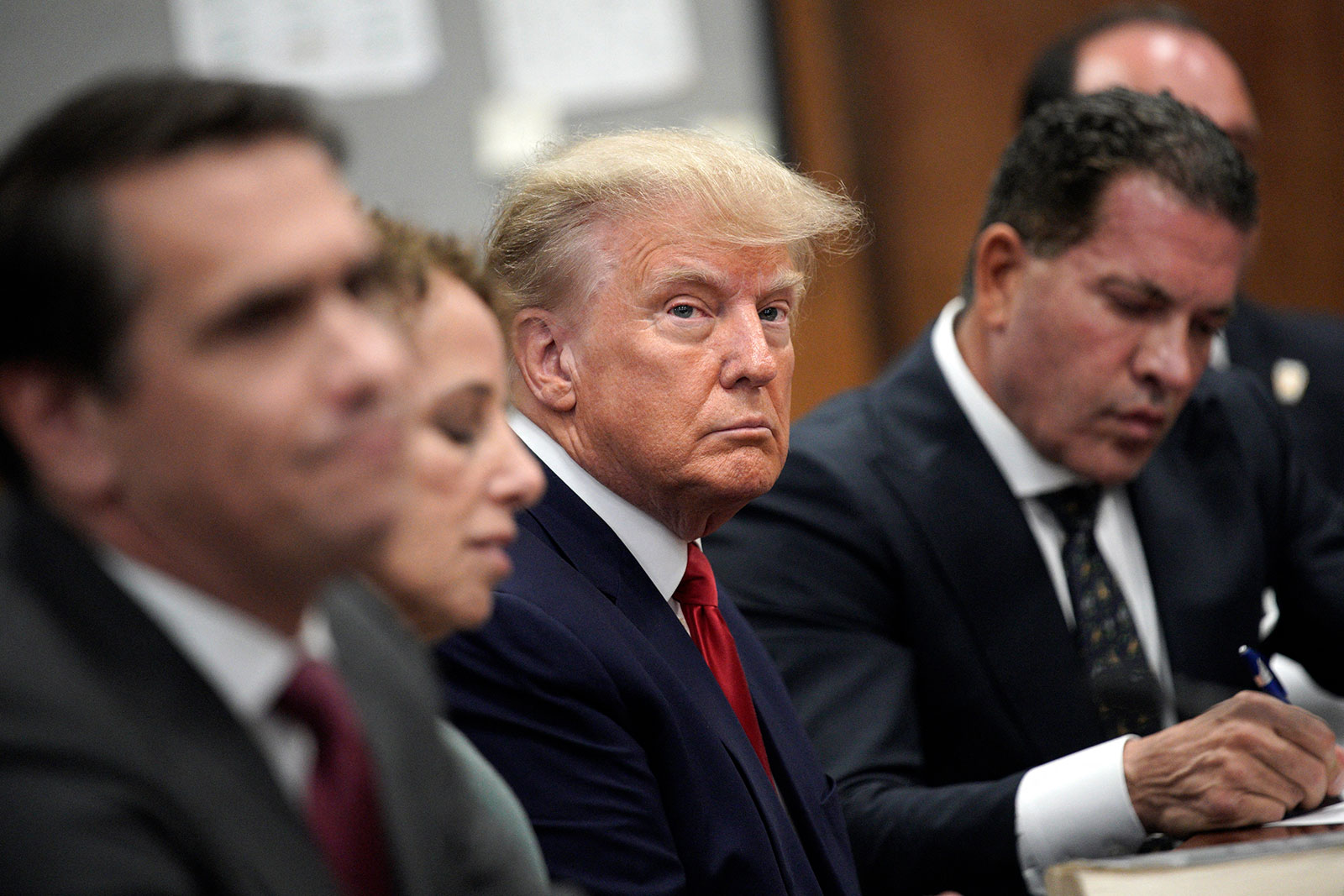Israel's Growing Concerns: Trump's Iran Talks And Regional Isolation

Table of Contents
Trump's Legacy on the Iran Nuclear Deal and its Impact on Israel
Trump's decision to abandon the Joint Comprehensive Plan of Action (JCPOA) in 2018 profoundly impacted Israel Iran relations. This move, while celebrated by some in Israel as a necessary step to curb Iran's nuclear ambitions, also triggered a chain of events that have exacerbated regional instability and heightened concerns in Israel.
Abandonment of the JCPOA:
- Increased Iranian Uranium Enrichment: Following the US withdrawal, Iran significantly ramped up its uranium enrichment program, exceeding the limits set by the JCPOA. This brought Iran closer to possessing the fissile material needed for a nuclear weapon, a critical concern for Israel.
- Weakening of International Sanctions: The unraveling of the JCPOA led to a weakening of international sanctions against Iran, providing the regime with greater economic leverage and resources.
- Israeli Concerns about a Potential Iranian Nuclear Weapon: The prospect of a nuclear-armed Iran poses an existential threat to Israel, fundamentally altering the regional power balance and dramatically increasing security risks.
The strategic implications of the JCPOA's collapse for Israel are profound. The abandonment of the agreement not only removed a significant constraint on Iran's nuclear program but also undermined the international consensus on containing Iran's regional ambitions. This created a vacuum that Iran has actively sought to fill.
Maximum Pressure Campaign and its Effectiveness:
The Trump administration's "maximum pressure" campaign, which involved imposing stringent economic sanctions on Iran, aimed to cripple its economy and force it back to the negotiating table. However, the effectiveness of this strategy remains debatable from Israel's perspective.
- Economic Sanctions: While the sanctions undeniably impacted the Iranian economy, they failed to significantly curtail Iran's nuclear advancements or significantly alter its regional behavior.
- Impact on Iranian Economy and its Nuclear Program: The sanctions led to economic hardship in Iran, but the regime doubled down on its nuclear ambitions and increased its support for regional proxies.
- Unintended Consequences such as Regional Instability: The "maximum pressure" campaign inadvertently contributed to increased regional instability, fueling tensions with neighboring countries and empowering Iran's proxies.
From Israel's standpoint, the maximum pressure campaign, while intended to contain Iran, arguably fell short of its objectives, resulting in heightened regional tensions and potentially emboldening Iran.
Regional Isolation and the Shifting Geopolitical Landscape
Israel's concerns about Iran extend beyond its nuclear program. The expansion of Iranian influence throughout the region significantly impacts Israel's security and regional standing.
Strained Relations with Arab States:
Iran's support for groups hostile to Israel, such as Hezbollah and Hamas, complicates Israel's relations with several Arab states.
- Iranian support for Hezbollah, Hamas, and other militant groups: Iran's backing of these groups contributes to regional instability and fuels conflicts that directly threaten Israel's security.
- Impact on regional stability: The proliferation of Iranian-backed militias and their involvement in regional conflicts creates a volatile security environment, further isolating Israel.
- Challenges to normalization efforts: Iran's actions undermine Israel's efforts to normalize relations with Arab states, hindering progress toward broader regional peace and cooperation.
The strained relationships with several Arab nations exacerbate Israel's security challenges and limit its options for regional cooperation in countering Iranian influence. Specific examples of Iranian-backed attacks, such as missile strikes targeting Israeli interests, further underscore these concerns.
Increased Iranian Proxies and Military Activities:
The growth of Iranian proxies and military activities in various regions poses a significant threat to Israel.
- Iranian military presence in Syria, Lebanon, Yemen: Iran's expanding military footprint in these countries provides a platform for launching attacks against Israel and its interests.
- Support for regional militias: Iran's support for various militias empowers these groups to undertake operations that directly challenge Israel's security.
- Implications for Israel's security: The increased Iranian military presence and proxy activity significantly raises the risk of escalation and direct confrontation with Israel.
Israel continuously monitors and responds to these escalating threats, often employing preemptive military strikes to prevent attacks and neutralize Iranian capabilities.
Potential Consequences of a New Nuclear Deal and Israel's Response
A new nuclear deal with Iran raises serious concerns in Israel, particularly if it allows for further uranium enrichment or weakens inspection mechanisms.
Concerns about Renewed Enrichment and a Looser Framework:
- Potential timeline for Iran acquiring nuclear weapons: A less restrictive agreement could shorten the timeframe for Iran to acquire a nuclear weapon, significantly escalating the threat to Israel.
- Israel's military options: Israel might feel compelled to consider preemptive military action to prevent Iran from acquiring nuclear weapons.
- Diplomatic pressures: Israel would intensify diplomatic efforts to pressure the international community to take a strong stance against Iran's nuclear ambitions.
Israel carefully weighs the potential military and political ramifications of a new deal, preparing for a variety of scenarios.
Israel's Strategic Options and Alliances:
Israel is actively exploring different strategic options to address a potential new Iran deal.
- Strengthening ties with the US: Maintaining strong alliances with the US is crucial for Israel's security and its ability to counter Iranian influence.
- Cooperation with regional allies: Israel seeks closer cooperation with regional allies to jointly address the Iranian threat.
- Investment in defense systems: Israel continues to invest heavily in its defense systems to deter attacks and defend against potential threats.
Israel's strategic response involves a multifaceted approach that encompasses military preparedness, diplomatic engagement, and strategic alliances to mitigate the risks posed by Iran.
Conclusion
The potential for a new nuclear deal with Iran, coupled with Iran's expanding regional influence, presents Israel with significant security challenges. The legacy of Trump's Iran policies has created a complex and volatile situation, requiring Israel to maintain a vigilant approach. The ongoing tension surrounding Israel Iran relations necessitates careful monitoring and proactive strategies to safeguard Israel's security and regional standing. We urge readers to stay informed about this evolving situation and to conduct further research into the intricate dynamics of Israel Iran relations and their impact on regional stability. Understanding the complexities of Israel Iran relations is crucial for comprehending the future of the Middle East.

Featured Posts
-
 Le Rythme Des Mers Et Des Oceans Au Festival De La Camargue Port Saint Louis Du Rhone
May 31, 2025
Le Rythme Des Mers Et Des Oceans Au Festival De La Camargue Port Saint Louis Du Rhone
May 31, 2025 -
 Nowy Singiel Miley Cyrus Flowers Co Wiemy O Jej Nowej Plycie
May 31, 2025
Nowy Singiel Miley Cyrus Flowers Co Wiemy O Jej Nowej Plycie
May 31, 2025 -
 Trump Tariffs Partially Overturned A Legal Victory But Limited Relief For Canada
May 31, 2025
Trump Tariffs Partially Overturned A Legal Victory But Limited Relief For Canada
May 31, 2025 -
 Resale Glastonbury 2025 Tickets And Coach Travel Locations And Pricing Details
May 31, 2025
Resale Glastonbury 2025 Tickets And Coach Travel Locations And Pricing Details
May 31, 2025 -
 Rome Masters Alcaraz And Passaro Deliver Thrilling Matches At Italian International
May 31, 2025
Rome Masters Alcaraz And Passaro Deliver Thrilling Matches At Italian International
May 31, 2025
